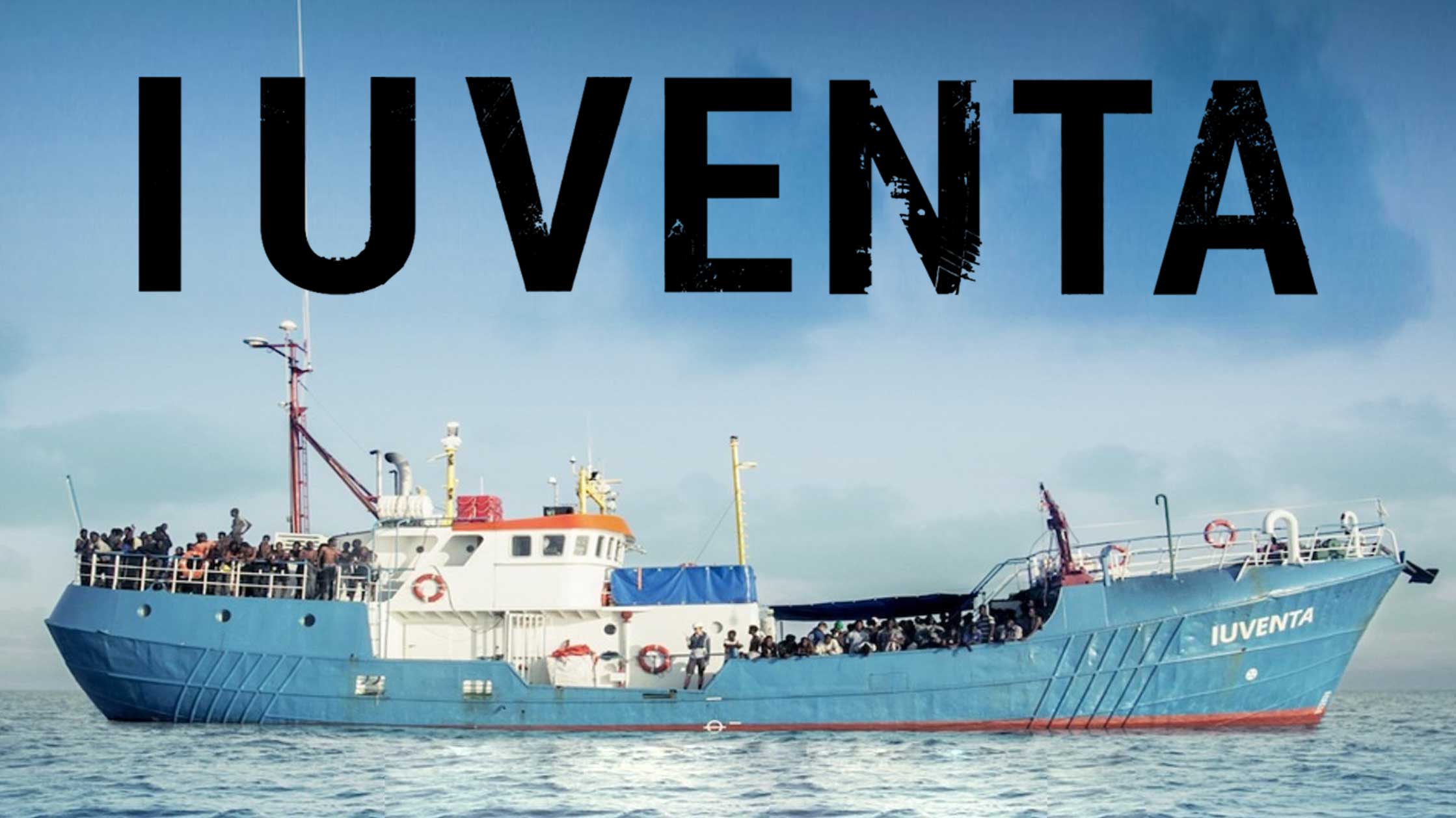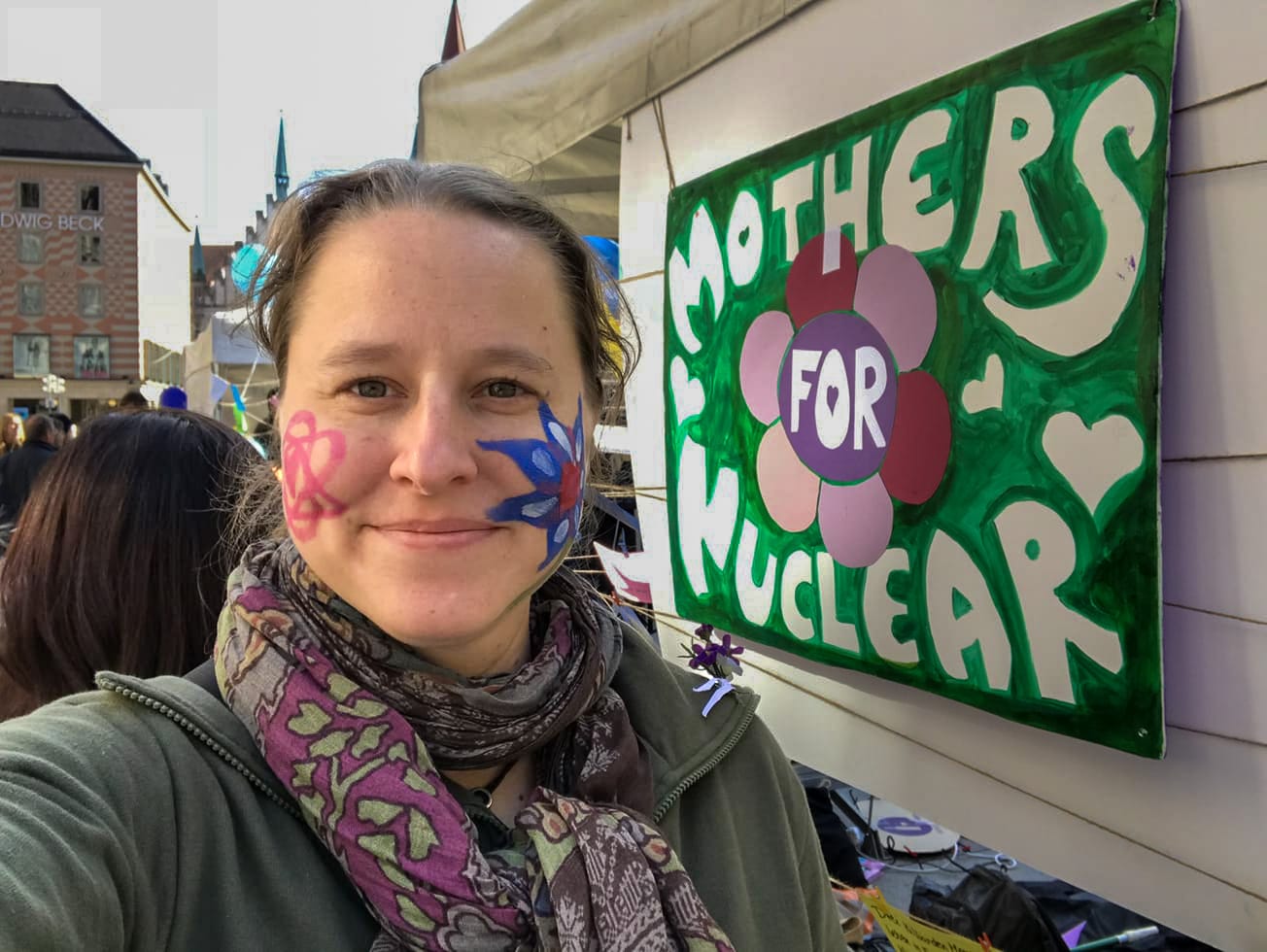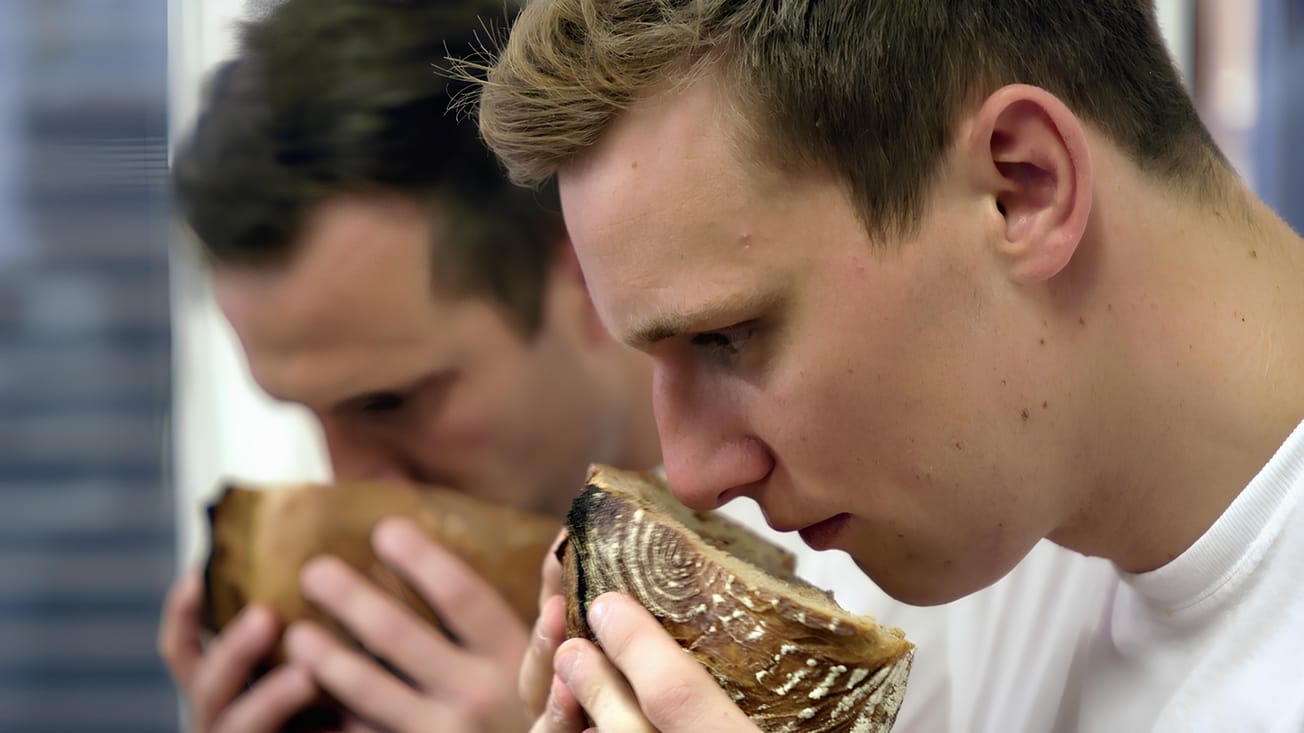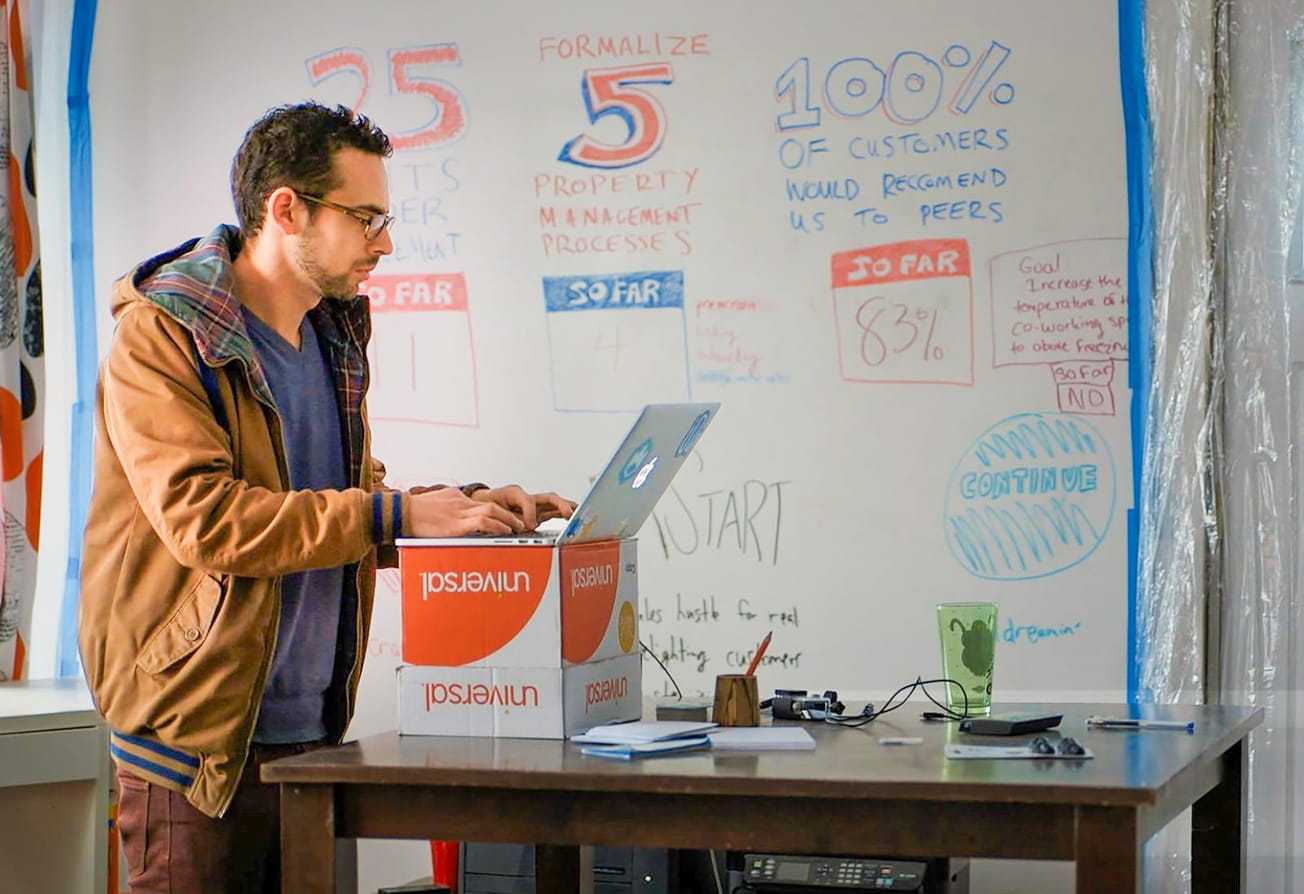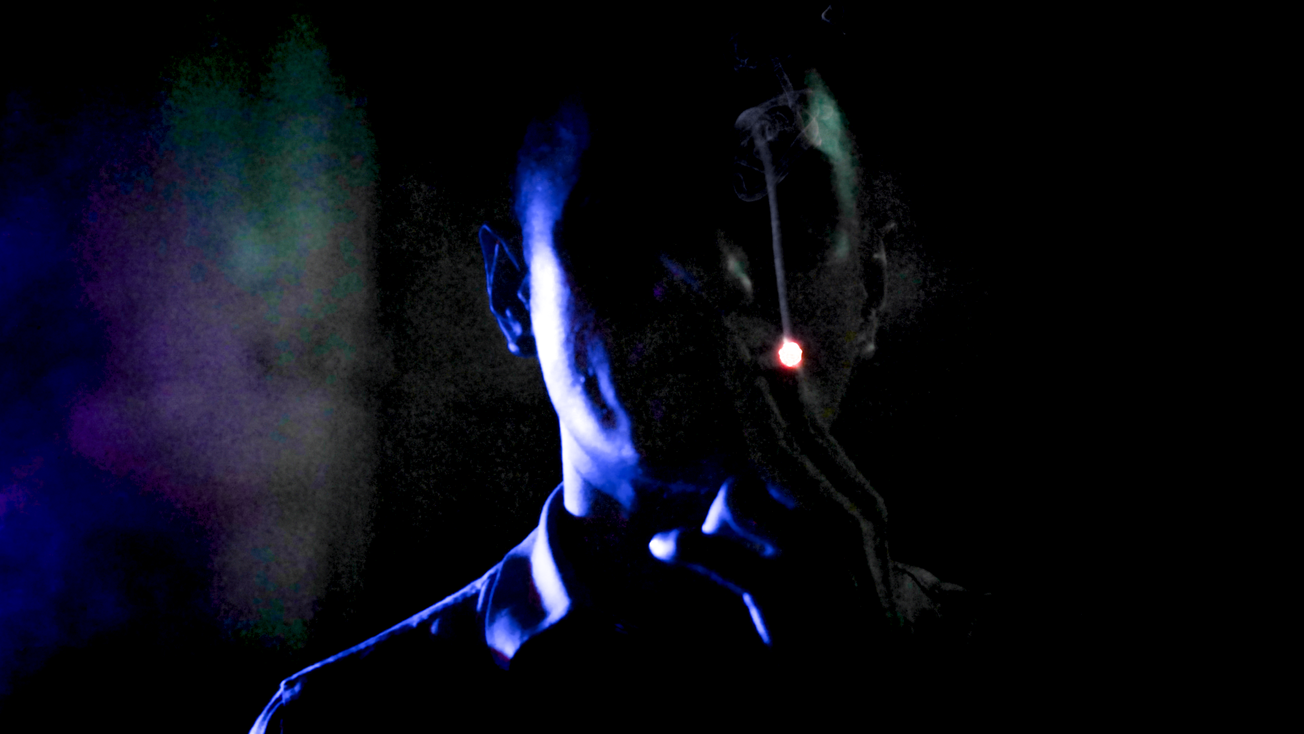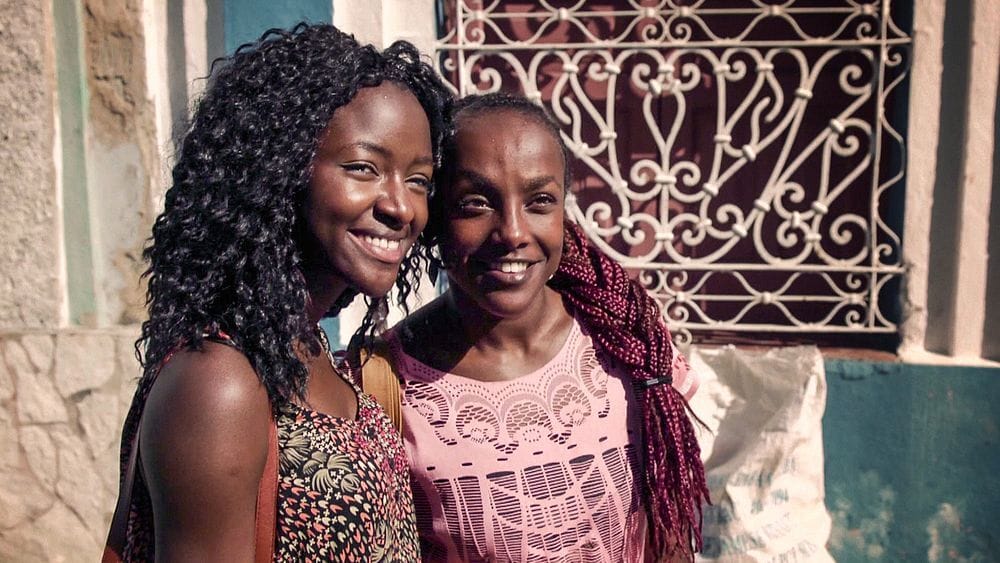All over the world, millions of people are fighting for what most of us take for granted—the right to live and work in a country where they feel safe and free from persecution. Many of them die in the process.
In late November, 27 people drowned when their dinghy sank while they were trying to reach the UK from France. The accident set a new record as the deadliest migrant drowning accident in the English Channel, and has led to France and the UK engaging in a blame game, with Britain accusing the French authorities of standing by while thousands of migrants leave their shores, while France rejects the allegation.
Despite the current media frenzy, this incident is only the latest in a long string of migrant drowning accidents.
After 1000+ migrants drowned in the Mediterranean Sea in 2015, a group of 20-year-old Germans decided to take matters into their own hands. They founded an NGO called Jugend Rettet and laid out a claim stating “As young Europeans we cannot - and don't want to - accept the status quo of the European asylum policies. Of the political actors we demand to ease the distress of refugees and to offer practical help.”
They crowdfunded enough money to purchase a former fishing vessel: Iuventa, and turned it into a rescue ship, trawling the seas to save the life of migrants. Between 2016 and 2017, they saved over 14,000 people who encountered distress while at sea. Iuventa10, the crew members of the Iuventa ship, was the recipient of the 2020 Amnesty International Germany Human Rights Award.
However, despite their good intentions, their ship was seized by the Italian government, who alleged that their rescue missions were helping traffickers. As the ship continues to remain in impound today, the recent migrant drowning incident to make international headlines begs the question—how many more lives will be wasted before the authorities change their immigration policies?
On the other side of the pond, the Peabody Award-winning documentary Indivisible features the stories of the young people at the heart of the United States immigration debate, who were brought to the US by their parents as children.
“I’ve been in this country 17 years and I’m still undocumented” – Renata Tedoro
While their peers were enjoying normal childhoods, immigrant children were instructed to avoid the police and lived in fear of having family members suddenly deported. As they grow older, they struggle with a lack of access to financial aid for college tuition.
In the film, Evelyn shares the moment that she discovered that she was undocumented, after confronting her mother about why she never filled in a Social Security Number for her on forms. Evelyn, Renata, and Antonio are all young Deferred Action for Childhood Arrivals (DACA) recipients who are fighting hard for a pathway to citizenship, as well as a chance to reunite with their loved ones.
From land to sea, Mediterranean Sea to the U.S.-Mexico border, Iuventa and Indivisible paint nuanced stories about how millions of lives are affected by immigration, and just how far migrants all over the world will go to pursue better lives for themselves and their families.
Start streaming the featured titles and more of the best documentaries from around the world with a free trial on www.iwonder.com today. Film availability may vary according to country.
Watch the Iuventa documentary here on iwonder:
